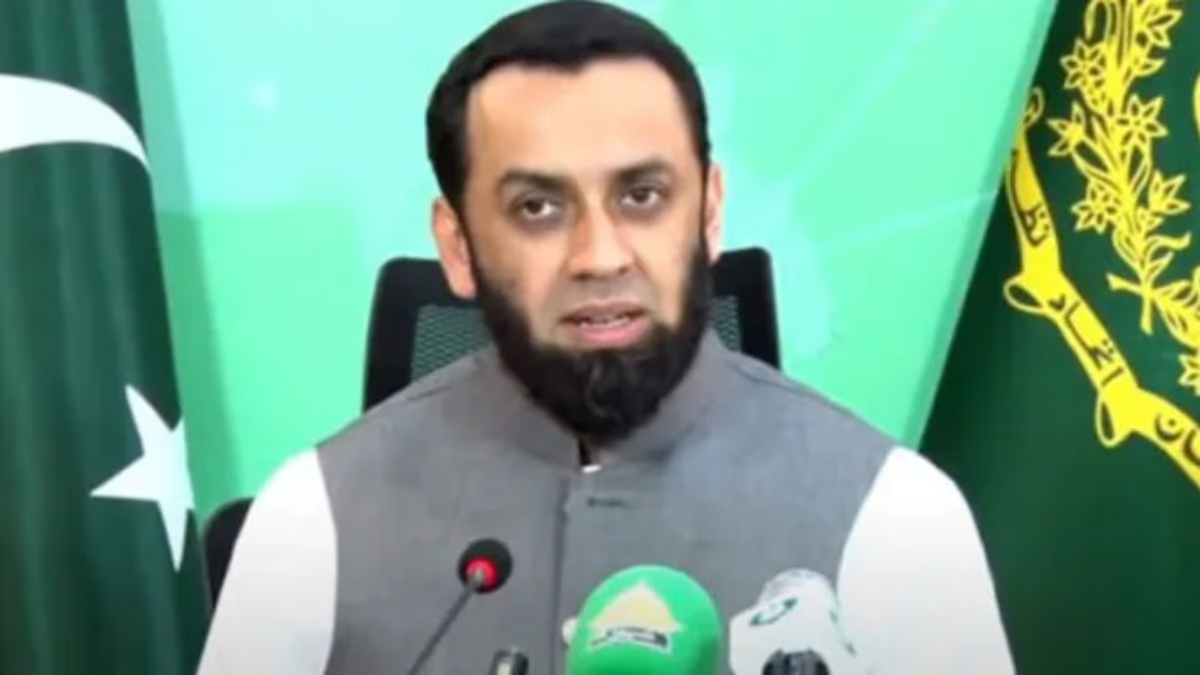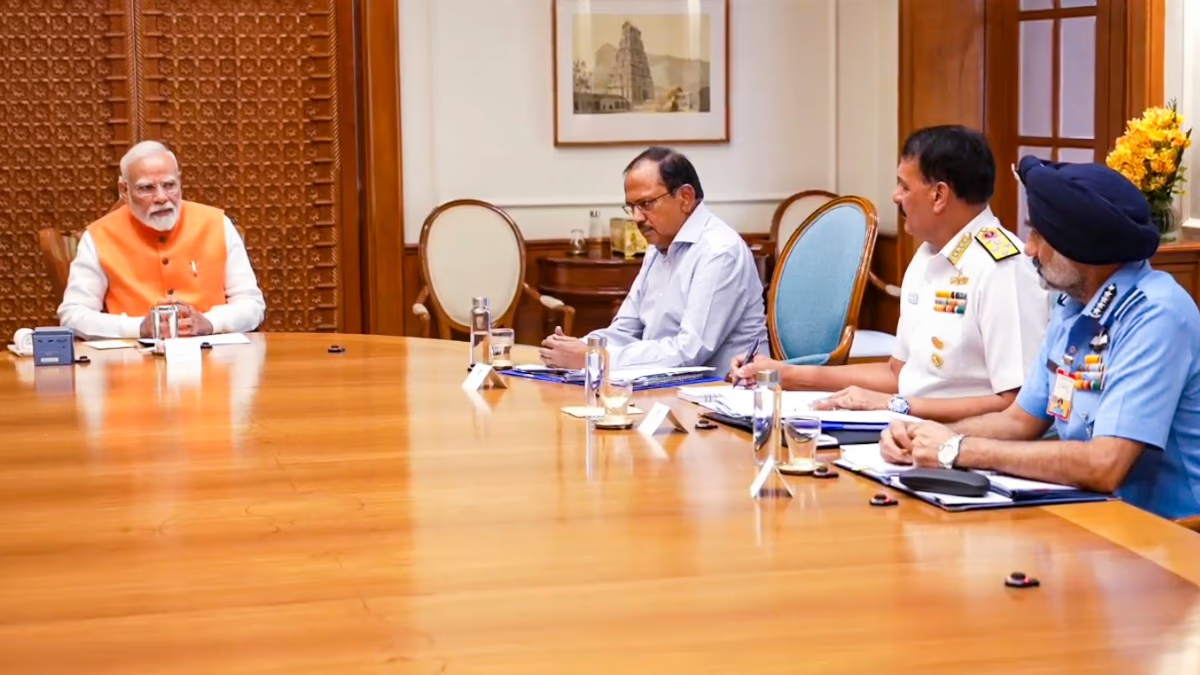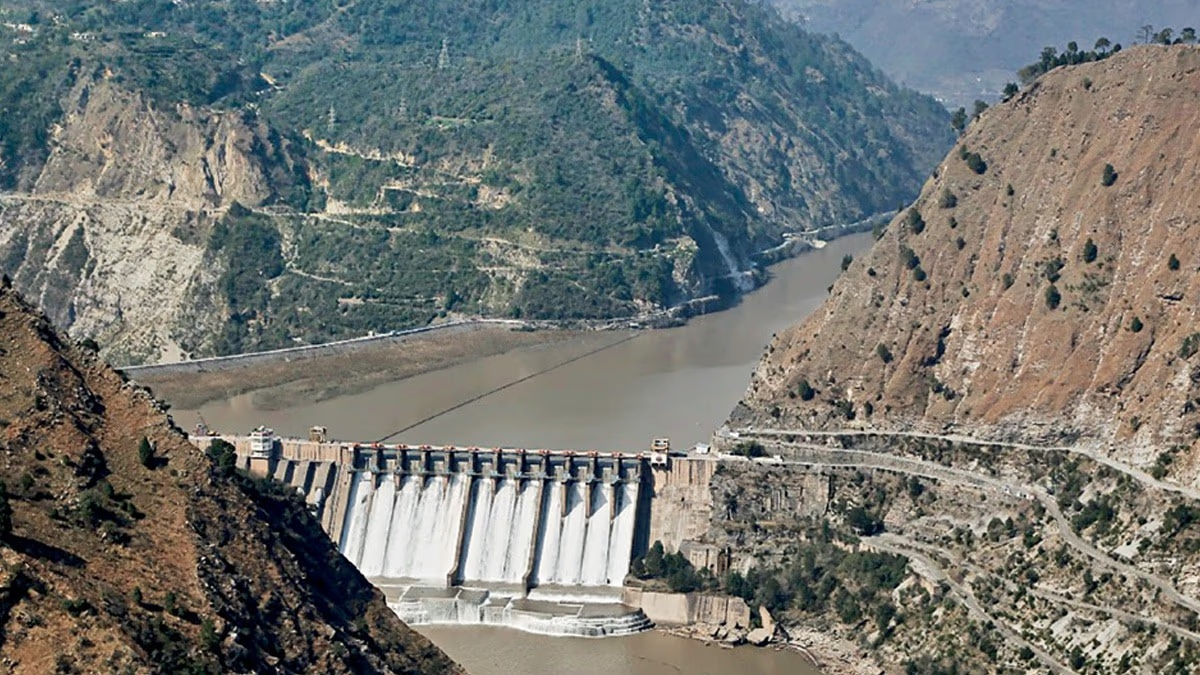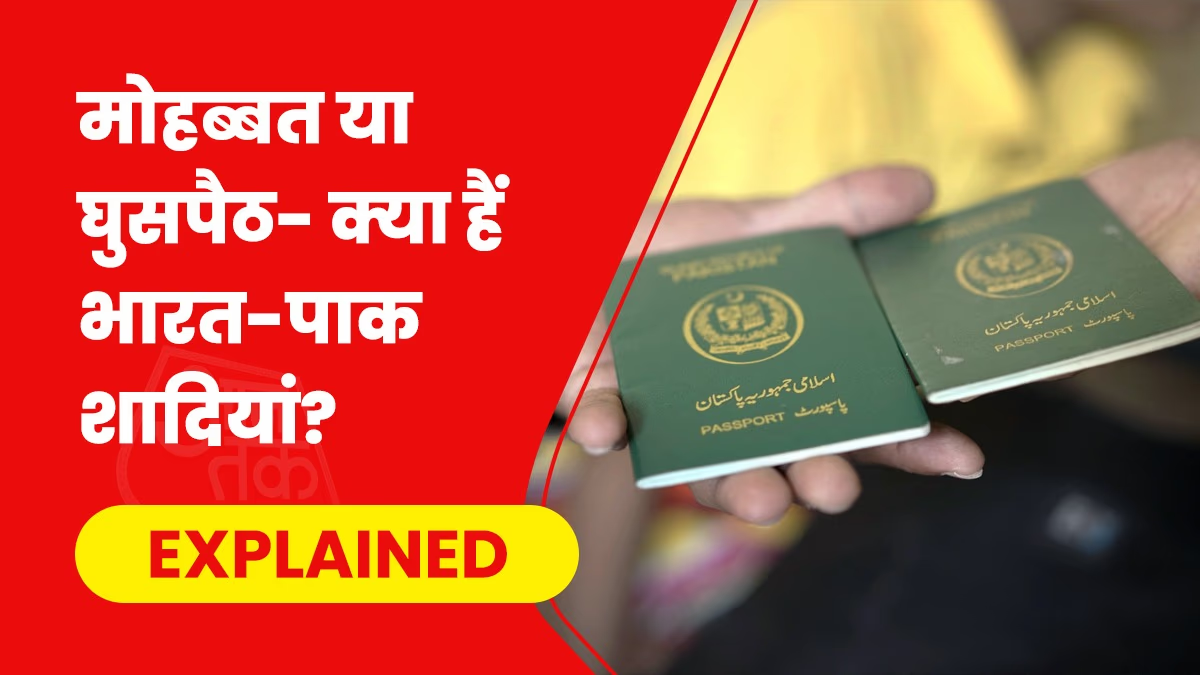Following a terror attack in Pahalgam, Jammu & Kashmir, tensions have soared between India and Pakistan. Pakistan finds itself in turmoil due to India's perceived actions. Consequently, Information Minister Attaullah Tarar held a press conference around 1:30 AM, alleging that credible intelligence suggests India could launch a military offensive within 24 to 36 hours.
This statement surfaced just as PM Modi granted the armed forces a free hand to deal a decisive blow against terror, thereby ensuring justice for those involved in the Pahalgam attack that claimed 26 lives.
Read More -
In a fervent social media post, Information Minister Tarar emphasized that Pakistan possesses reliable intelligence, indicating India's potential use of the Pahalgam incident as a pretext for military aggression within the following day and a half.
Tarar's Warning
Tarar sternly warned that any aggressive actions would meet with a decisive response. He emphasized Pakistan's own experience as a victim of terrorism, stating the nation's earnest understanding of its pain and the consistent global denunciation of such acts. Additionally, Tarar proposed an open, neutral, and transparent inquiry by experts to uncover the truth, extending an olive branch while urging the international community to realize the gravity of the situation. He reaffirmed Pakistan’s commitment to defending its sovereignty and territorial integrity at all costs.
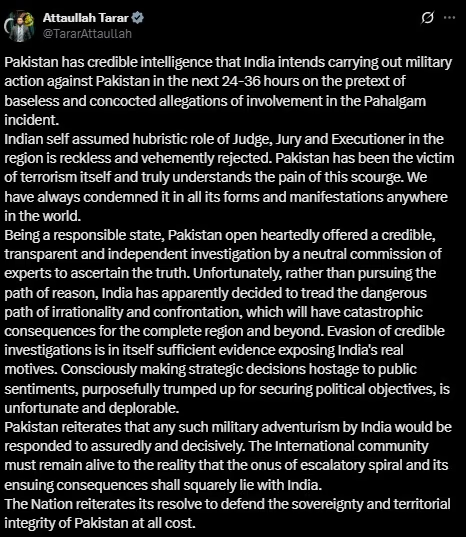
Source: aajtak
Defense Minister: Pakistan on High Alert
According to Reuters, Pakistan's Defense Minister Khawaja Asif declared the nation is on high alert, cautioning that nuclear arsenal use will only ensue if there exists a direct existential threat to the country.
India’s Firm Stand Against Pakistan
Subsequent to the devastating terror incident on April 22, PM Narendra Modi addressed the nation on April 24, pledging to identify, locate, and punish every terrorist involved in the Pahalgam massacre. This resolve goes hand in hand with India escalating diplomatic offensives against Pakistan. India has scaled down diplomatic ties, suspended the Indus Waters Treaty, and closed the Attari-Wagah border crossing.
